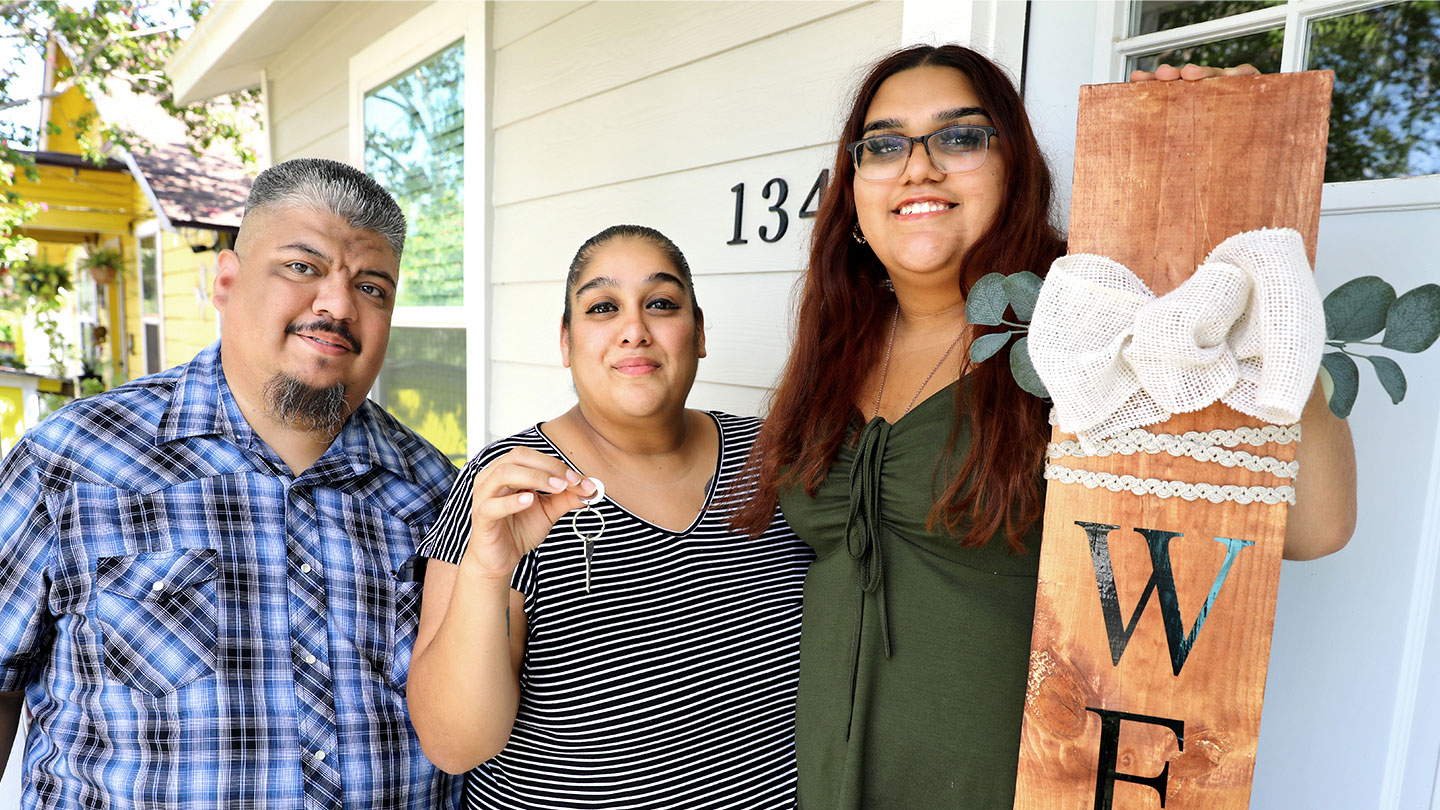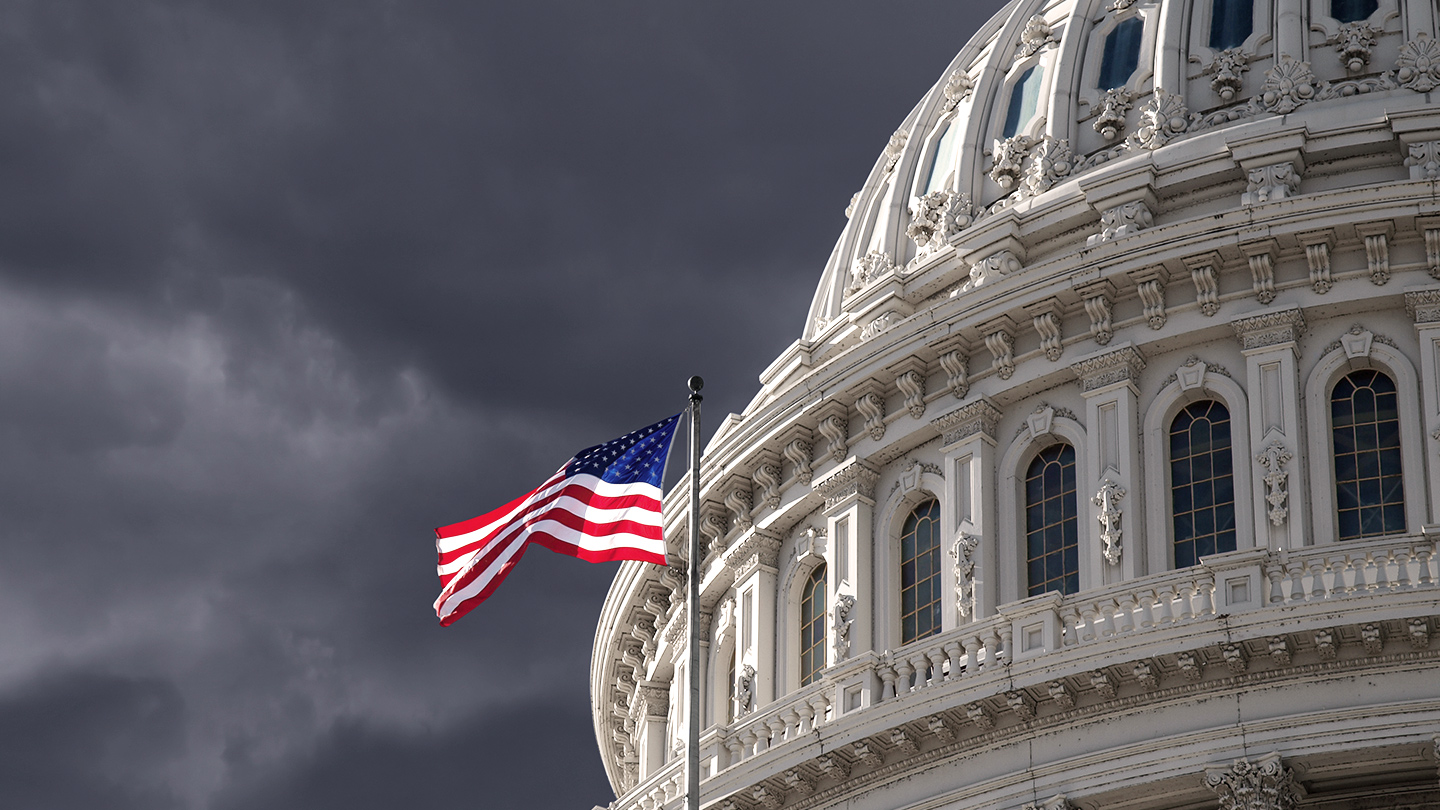
COVID-19’s disparate impact on American communities has made it abundantly clear that systemic barriers to wealth for people of color continue to plague our economy and society.
For the past 70 years, the racial wealth gap has remained virtually unchanged, with white families having roughly 10 times more wealth than Black and Latino families—and the gap is only expected to widen with the pandemic’s continued fallout. Recognizing these profound racial inequities, JPMorgan Chase is leveraging its resources as a financial institution to direct capital and expand opportunities for Black, Hispanic and Latino communities to build, sustain and pass on wealth.
In October 2020, the firm announced a five-year, $30 billion Racial Equity Commitment to drive inclusive growth. This commitment includes expanding affordable rental housing and increasing homeownership; growing Black, Hispanic and Latino-owned businesses; improving access to banking in these communities; and building a more diverse and inclusive workplace, among other activities.
JPMorgan Chase joins the Finance Justice Fund
Following the announcement of JPMorgan Chase’s Racial Equity Commitment, the firm committed more than $20 million to support Opportunity Finance Network’s (OFN) Finance Justice Fund, which launched in November 2020. The fund aims to bring more than $1 billion in long-term, flexible capital from corporate and philanthropic partners to Community Development Financial Institutions (CDFIs) to address longstanding disinvestment in low-income communities, the racial wealth gap and persistent poverty nationwide. JPMorgan Chase provided multiple forms of capital to support the fund’s efforts, including $20 million of debt and a $2.35 million grant.
“As part of our longstanding relationship with OFN, we’re proud to support the Finance Justice Fund to advance racial equity and contribute to a stronger, more inclusive and sustainable economy,” said Erin Robert, Managing Director and Head of Impact Finance and Advisory at JPMorgan Chase. “CDFIs have the ability to reach deep into underserved communities to drive positive change. We look forward to seeing our support help lift up Black, Hispanic and Latino-owned businesses that are the backbone of our local economies.”
“This bold investment from JPMorgan Chase demonstrates a clear commitment to advancing racial equity and breaking down walls that keep so many Americans from achieving their full potential,” said Beth Lipson, OFN Interim CEO. “It’s inspiring and encouraging to see one of the largest financial institutions in the world joining us and our other Finance Justice Fund partners to help CDFIs move capital where it’s most needed.”
Finance Justice Fund impact
Smaller CDFIs often have deep connections to the communities they serve and strong relationships with other local community organizations and leaders. They support some of the most underinvested communities in the U.S. and are a critical priority for the Finance Justice Fund’s deployment strategy. To date, 40% of Finance Justice Fund loans closed are to CDFIs with less than $25 million in total assets and 62% to CDFIs with less than $50 million in total assets.
Neighborhood Housing Services of San Antonio (NHSSA) is one such smaller CDFI that has received capital from JPMorgan Chase’s Finance Justice Fund contribution. NHSSA supports San Antonio families in pursuing their dream of owning a home through affordable down payment and closing cost assistance loans, in addition to financing residential rehab and repairs that allow families to stay in their homes amid rising pressures of gentrification.
“The Finance Justice Fund helps address the urgent needs of small CDFIs, like NHSSA, for low-cost capital and grant support that will help us respond to the pressing challenges our community faces when trying to purchase and maintain a home,” said Gene Bargas, Executive Director at NHSSA.
“CDFIs are essential to helping us fulfill our commitment in serving underserved communities by providing even more flexible financing terms than conventional financial institutions can offer,” said Kevin Goldsmith, Managing Director of Community Development Tax Credits and Intermediaries Lending at JPMorgan Chase. “OFN is positioned to increase the capacity of smaller CDFIs, like NHSSA, in accessing conventional capital resources.”
In a competitive housing market where the median price of a single-family home has risen by almost a third and wage growth does not keep up, saving enough for a down payment and closing costs is extremely difficult. This issue is particularly challenging for NHSSA’s working family customers, 90% of whom are Latino and Black households and earn a median income of $46,000.
With the help of Finance Justice Fund capital, NHSSA is ramping up its lending activity and deploying more down payment assistance (DPA) loans. NHSSA is also in the process of rolling out a new product that offers long-term, low-cost financing for owner-occupied rehab and repair. Through these efforts, NHSSA is able to improve quality of life for local residents while supporting parallel efforts to preserve generational neighborhood affordability for communities of color in San Antonio.
NHSSA is among dozens of OFN members that have received Finance Justice Fund capital to date. OFN has closed 54 loans totaling $125.6 million and disbursed 53 grants totaling $9.9 million to OFN member CDFIs through the Finance Justice Fund. CDFIs supported specifically by JPMorgan Chase’s Finance Justice Fund contribution also include Black Vision Fund, Council for Native Hawaiian Advancement and GROW South Dakota.
About the Finance Justice Fund
The Finance Justice Fund aims to bring more than $1 billion in long-term, flexible capital from corporate and philanthropic partners to CDFIs to address longstanding disinvestment in low-income communities, the racial wealth gap and persistent poverty nationwide. OFN has raised $220 million in debt and grants to capitalize the Finance Justice Fund since its inception. Investors in addition to JPMorgan Chase include Twitter, Wells Fargo, Truist, Focusing Philanthropy, the John D. and Catherine T. MacArthur Foundation, the W.K. Kellogg Foundation, the Robert Wood Johnson Foundation, PNC and Nextdoor.
Watch testimonials from Finance Justice Fund investors, including Kevin Goldsmith, Managing Director, Community Development Tax Credits and Intermediaries Lending at JPMorgan Chase.
Interested in becoming a Finance Justice Fund investor? Visit OFN’s Finance Justice Fund page to learn more, or contact Andrea Longton, OFN Senior Vice President of Development and Capitalization Services.
Originally posted on ofn.org September 26, 2022.
JPMorgan Chase Bank, N.A. Member FDIC. Visit jpmorgan.com/cb-disclaimer for disclosures and disclaimers related to this content.







